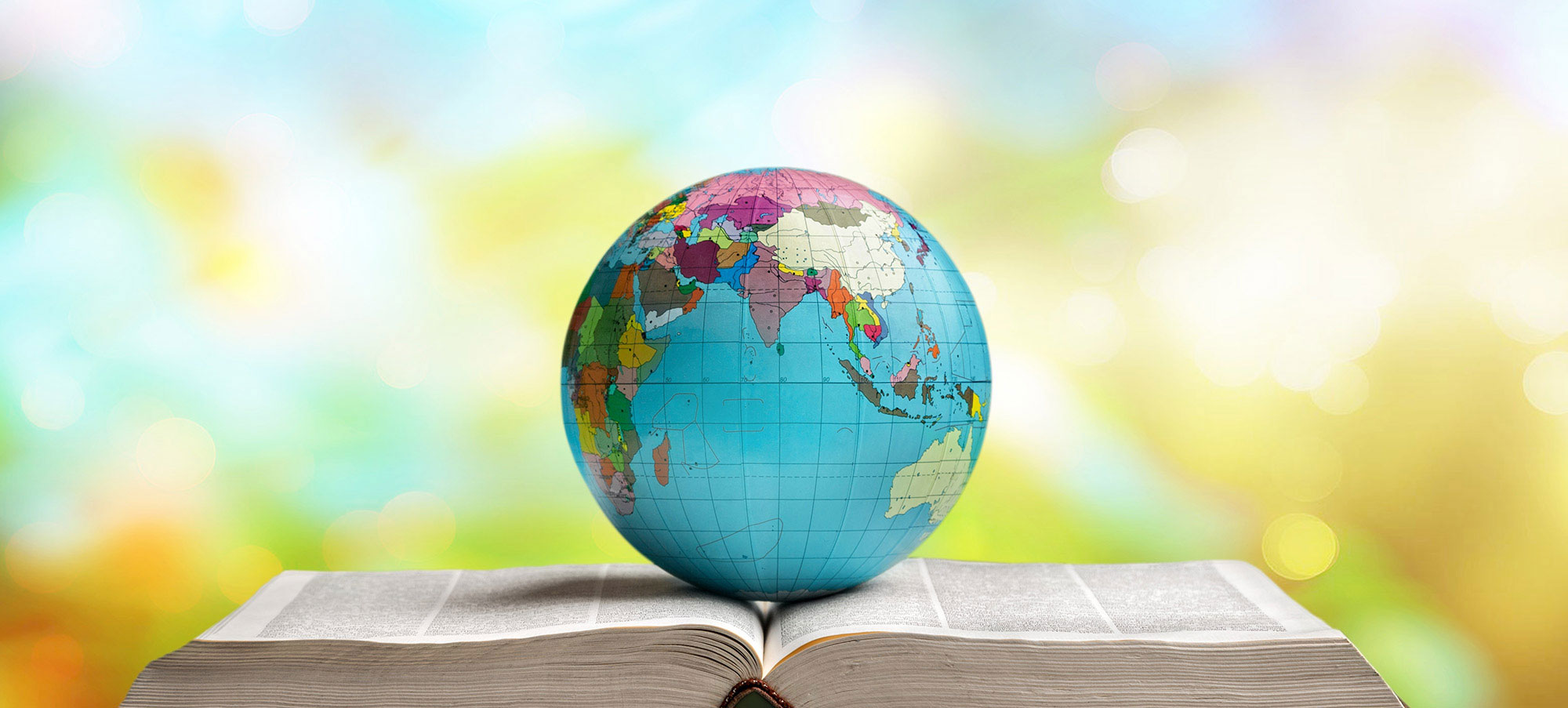This article was written by Mella Cusack, Irish coordinator of GET UP AND GOALS! In Ireland, the project is coordinated by A Partnership with Africa, with co-funding from Irish Aid. In 2018, Mella was commissioned to write the National Council for Curriculum Association (NCCA) Study of Education for Sustainable Development (ESD) curriculum opportunities from early childhood to senior cycle, which maps UNESCO’s key competencies for sustainability development onto curriculum frameworks.
Transforming Our World: Agenda 2030, adopted by the United Nations General Assembly in September 2015, is a plan of action for people, planet, prosperity and peace. It is a global framework to deal with the major challenges facing humanity and our planet. The Agenda incorporates seventeen Sustainable Development Goals to be achieved by the year 2030. These Goals are integrated and indivisible and balance the three dimensions of sustainable development: the economic, social and environmental. The Goals are universal, meaning that all countries and all people have a responsibility to act to realise the Goals, both at home and overseas. Taken together, the seventeen Goals with 169 targets represent an ambitious but imperative plan to secure a sustainable, peaceful, prosperous and equitable life for all people, everywhere, now and in the future (United Nations, 2015).
In 2017, UNESCO (United Nations Educational, Scientific and Cultural Organization) published a document entitled Education for Sustainable Development Goals: Learning Objectives. This document outlined eight key competencies relevant for the Sustainable Development Goals. These competencies are an internationally recognised standard in relation to learner acquisition of higher order skills, dispositions and values vis-à-vis sustainable development.
Actioning a recommendation in the National Strategy for Education for Sustainable Development (2014-2020), in 2018 the National Council for Curriculum and Assessment published a study mapping the eight key competences for sustainable development onto early childhood to post-primary curriculum frameworks in Ireland.
The Framework for Junior Cycle (2015) stipulates that throughout junior cycle, students develop their proficiency in eight key skills as they engage with different learning experiences and assessment approaches from across the curriculum.
This article is reproduced with permission from the Education and Training Board Ireland (ETBI), having been previously published in ETBI Journal of Education, volume 2, issue 1 (June 2020) – available here.
-
Be involved!
Are you a student or teacher and would like to take part in Get Up and Goals!?
Follow us on Facebook, subscribe to our Newsletter, keep in touch and be part of our movement to reach the 17 SDGs and spread the Global Citizen Education!




